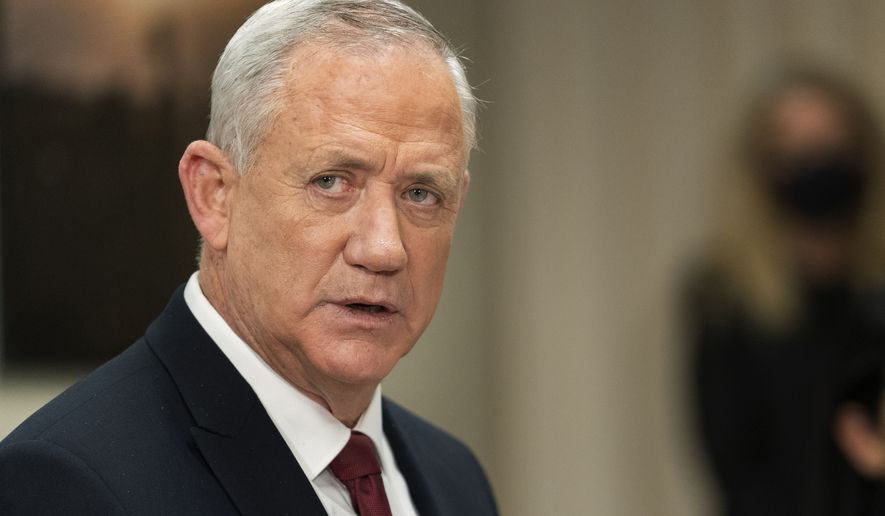The long-running shadow war between Israel and Iran took a new twist this week, with Tehran claiming to have arrested Israeli intelligence agents who were plotting to assassinate more Iranian nuclear scientists.
While Israel has remained silent on the development and Iran has not provided names or nationalities of those arrested, Iranian state media cited a judiciary official in the country as claiming those arrested were “operatives” of the Israeli Mossad secret service.
“The arrest of these Mossad operatives came after a complicated intelligence operation that lasted for eight months of monitoring them,” the prosecutor general of the southeastern Iranian province of Sistan and Baluchestan Mehdi Shamsabadi was quoted as saying on Tuesday.
Iran and Israel have long accused each other of spying and waging a shadow war. Israel views Iran as its greatest threat and has repeatedly threatened to take military action against Tehran’s nuclear facilities and top scientists to prevent it from acquiring nuclear weapons.
The clandestine war has featured several mysterious assassinations, including the deaths of several Iranian nuclear scientists over the years. Among the more prominent events came in 2012, when assailants on a motorcycle attached a magnetic bomb to a car carrying a senior Iranian nuclear scientist through Tehran. The explosion killed the scientist and made global headlines.
The shadow war surged into the international media again in 2020, when another Iranian scientist, Mohsen Fakhrizadeh, whom Western officials had cited as the leader of the Islamic Republic’s disbanded military nuclear program, was killed in an ambush on the outskirts of Tehran.
At the time of the 2020 killing, Iran’s foreign minister alleged it bore “serious indications” of an Israeli role.
Israel has long been suspected of the killings, but refrains from officially commenting on the allegations. However, prior to Fakhrizadeh’s death, former Israeli Prime Minister Benjamin Netanyahu once told the public to “remember that name” when talking about the scientist’s activities in Iran.
Israeli Prime Minister Naftali Bennett, in an interview with The New York Times on Tuesday, vowed to make Iran “pay a price” for attacks on the Jewish state.
“It turns out these guys are more vulnerable than they seem,” Mr. Bennett said. “The Iranian regime is rotten, corrupt — and incompetent.”
There are so far more questions than answers about the latest developments regarding the claimed arrest of Israeli operatives.
Iran’s Mehr News Agency claimed the alleged Mossad operatives were arrested by Iranian authorities two months ago in a case tied to the leaking of information and documents about Iran’s nuclear program. The news agency said one of those arrested was a woman who held an Iranian government position.
Iran has a history of arresting individuals from other countries, including from the U.S., who it claims are foreign spies without providing evidence. But there are also indications that many members of Iran’s own military have also been arrested for suspicion of spying.
A February report by the British Broadcasting Corporation (BBC) outlined concern among Iranian intelligence officials about high-level penetration of Iran’s Islamic Revolutionary Guard Corps (IRGC) by Mossad agents.
Sources inside Tehran’s Evin prison security ward, where those who are accused of spying for foreign countries are held, told the BBC there have been scores of high-ranking IRGC commanders held there.
Israeli authorities, meanwhile, have also cited their own efforts to prevent penetration by Iranian agents into Israel’s military and intelligence services.
In January, Israel said it had broken up an Iranian spy ring that recruited Israeli women via social media to photograph sensitive sites, gather intelligence and encourage their sons to join Israeli military intelligence.
• This story is based in part on wire service reports.
• Guy Taylor can be reached at gtaylor@washingtontimes.com.




Please read our comment policy before commenting.